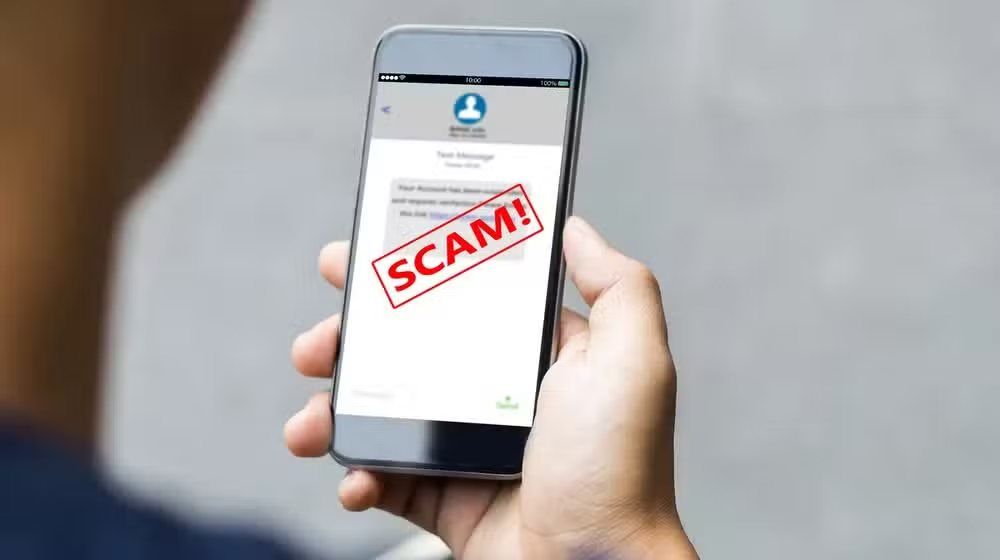
Beware of the ATM Card Blocking SMS Scam: What You Need to Know
A notorious SMS scam is making rounds once again, targeting unsuspecting individuals by claiming that their ATM card has been blocked by the State Bank due to non-verification. The scam message instructs recipients to contact a certain phone number to prevent the card from being blocked permanently. This scam is designed to trick users into revealing sensitive information, and it’s important to stay vigilant.
How the Scam Works
The SMS typically states that your ATM card has been blocked due to non-verification and urges you to call a phone number provided in the message. The scam message often includes the following red flags:
- Personal Mobile Number: The message comes from an unknown mobile number instead of an official bank or State Bank number.
- Poor Language: The text is often riddled with grammatical errors and awkward phrasing, which is uncommon in official communication from banks or financial institutions.
- Pressure Tactics: The message may attempt to create a sense of urgency by implying that you must act immediately to avoid losing access to your funds.
What to Do If You Receive This SMS
If you receive such a message, it’s crucial to remain calm and take the following steps:
- Do Not Respond: Avoid calling the number provided or responding to the message in any way. Engaging with the scammers could expose you to further risks.
- Verify Your Account Status: Use your banking app, online banking portal, or an ATM to check the status of your card. If there is any issue with your card, your bank will notify you through official channels.
- Report the Scam: You can block the sender’s number and report the scam to your mobile carrier or through Google’s SMS reporting feature. This helps prevent the scam from spreading further.
A Persistent Scam
This type of SMS scam has been around for years, resurfacing periodically to target new victims. The scam isn’t limited to ATM card blocking; similar tactics are used in other fraudulent messages.
The Fake Delivery Package Scam
Another common SMS scam involves fraudulent delivery notifications. These messages claim that your package has been delayed or confiscated due to an incomplete address, instructing you to verify your information via a link. Scammers often pose as representatives from Pakistan Post, but this is entirely fake. Pakistan Post’s official website has long warned users about these scams.
How to Protect Yourself
To stay safe from these scams, follow these tips:
- Be Skeptical: Always question unexpected messages, especially those that pressure you to act quickly.
- Check Official Channels: If you’re unsure whether a message is legitimate, contact your bank or the relevant service provider directly through their official customer service number.
- Don’t Share Personal Information: Never provide sensitive information like your account number, PIN, or personal details in response to an unsolicited message.
Scams like these are unfortunately common, but by staying informed and cautious, you can protect yourself from falling victim. Always verify the authenticity of messages through official channels, and remember that legitimate institutions will never ask for sensitive information via SMS. Stay safe and spread the word to help others avoid these scams.








